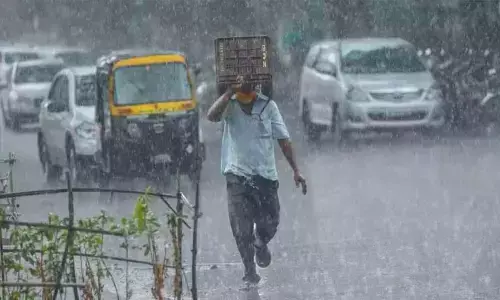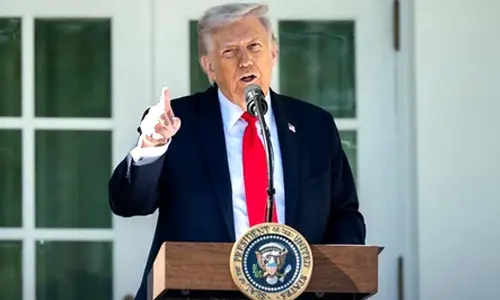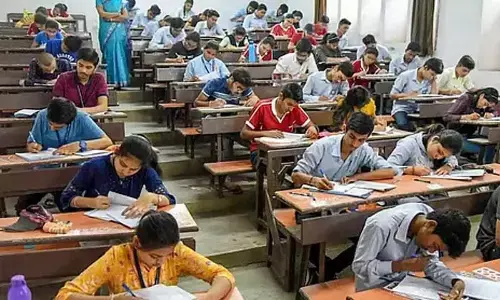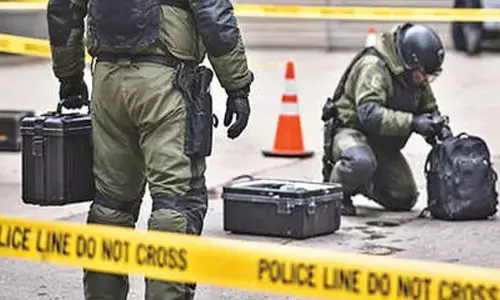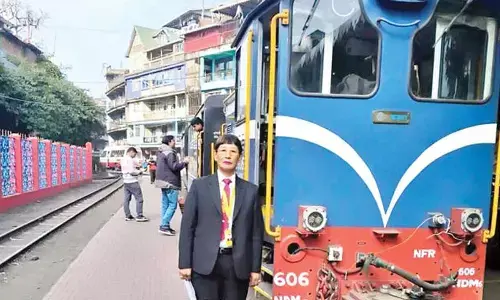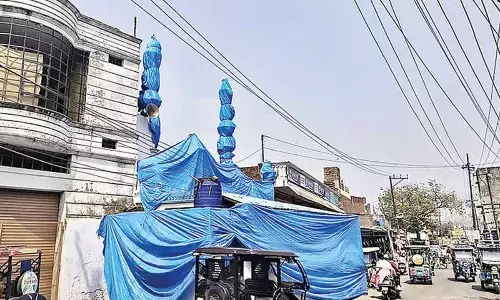NEP 2020 & Regional Education
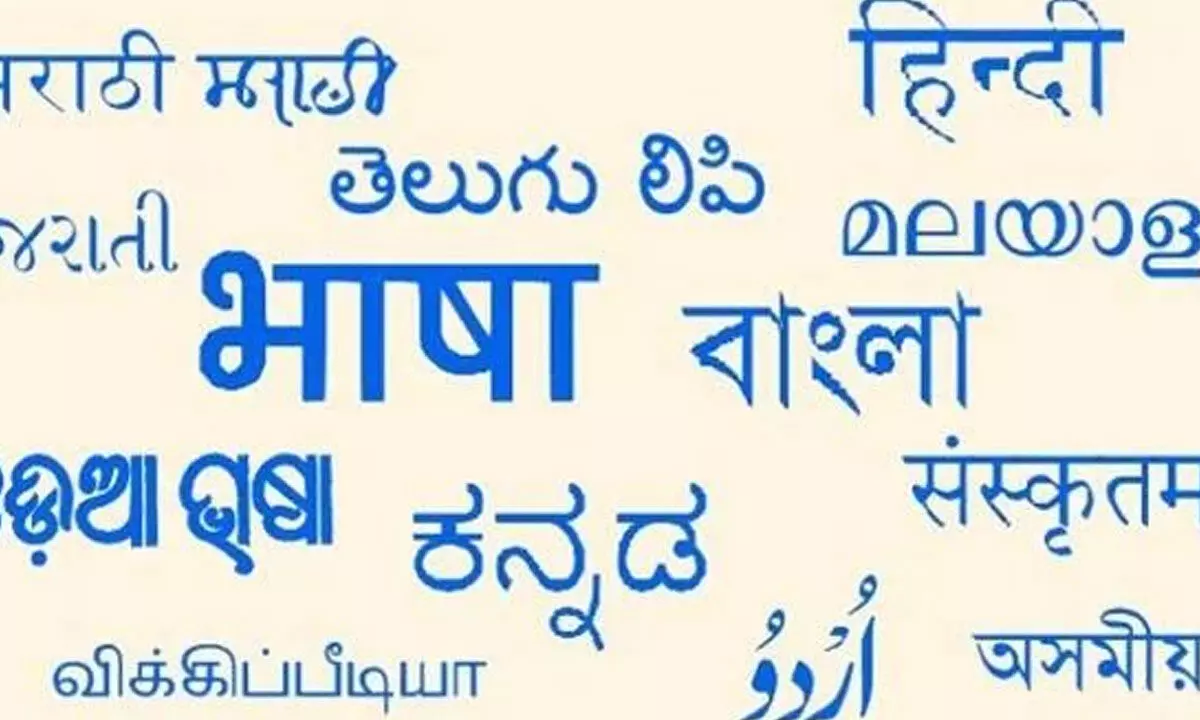
History treasures the knowledge systems of the natives of a land in every part of the world, which were equitably permeated across the social sections till these territorial domains were overrun by the inhibitions of Imperialism, which inferiorised the native knowledge.
History treasures the knowledge systems of the natives of a land in every part of the world, which were equitably permeated across the social sections till these territorial domains were overrun by the inhibitions of Imperialism, which inferiorised the native knowledge. As Frantz Fanon, the psychiatrist from Martinique, and one of the prominent postcolonial thinkers stated that the grand project of the coloniser is to make the native knowledge and culture to be diminutive to western knowledge. As a result, the learned natives demonstrated a pride of emulating the language and culture of the occupier in the initial stages, until they realised that the true pride of cultural and political self-determination lies only in a redoubtable assertion of their native knowledge and culture.
The elitism in education ruled the roost, as a result, for decades modelling our education system in a blind pursuit of the success of western economies in the fields of services, goods and mass production. Until, it was realised that India once stood as a “Vishwa Guru” of knowledge and this was a land that made the astronomical calculations with mathematical precision even before the mankind knew anything about cosmos. The national pride is renewed with a new vigour through Prime Minister Narendra Modi announcing the New Educational Policy 2020 (NEP 2020), signifying the learning, research and innovation through the regional languages, which are no less equal to any other foreign language. The focus is more on “The Local” now.
The objective is clear that the local and the regional are embraced only to achieve the national priorities for global occupancy of ideas. The aims of the Policy ingrain the world view of Adi Shankara who declared “Swadesho Bhuvana trayam” – all the three worlds are my native land.
The path to achieve the goal is clearly laid out with the rural learners enrolled in the grand plans of the nation through the provisions of academic infrastructure and promotion of ecosystem, which would enable the hesitant learners from the villages to bypass their linguistic inhibitions to emerge as creative thinkers.
The “PM Shri” schools yojana is one among the prominent initiatives to bring the premier ranked educational facilities to the doorsteps of the rural learners in the remotest villages of the country. The National Institute of Open Sources has its counterpart in the State Institute of Open Sources. These provide courses that are oriented towards the vocational, along with Life Enrichment and Community-based efforts. The Open Basic Education Programmes (OBE) offered by the NIOS and the SIOSs are the cutting edge of these endeavours. When in-person or face-to-face education is not available, there are online programmes that take education to the doorstep of the learners.
Keen on achieving the results of the policy at the local and regional levels, the Government has allowed the private sector and the NGOs to study the local and regional priorities and evolve solutions. The advantage is that these investors and stakeholders will be local people who understand their needs best, and will operate at the most pragmatic levels eliminating wastage and redundancy. The emphasis is on the output, and the results are more important than the subtleties of red tape and control. There is no scope for a remote, Olympian attitude that imposes a one-size-fits-all solution. This is not only practical and acceptable to all, but is also a most democratic and consensus-based approach to education that takes into consideration regional needs and advantages.
The NEP further involves the local talents and resources by harnessing every possible source. There are databases of volunteers and educated and qualified people from each local area. Their services are drawn upon, and advice is incorporated into the planning age execution of these educational activities. The activities are not confined to the regular classwork, but have extensive use of extracurricular activities. There are Olympiads, competitions, and a host of other interesting measures to evoke and sustain interest among the learners at the local level. Guided by the teachers, the learners can participate in educating themselves.
Yuri Azarov, a famous Russian educational psychologist, in his “Teaching and Calling Skills” said that there may be several innovations and technologies in teaching, but some technology replacing the teacher is distantly remote. In NEP 2020, there is a new emphasis on raising teaching standards. The concept of Continuous Professional Development (CPD) of a teacher is paid rich attention. Under CPD, the teacher is constantly self-analysing, and can take the help of experts and colleagues in identifying strengths and weaknesses. This will be invaluable to the teachers in furthering their careers and providing better services to their learners. This is a win-win situation for all the stakeholders in the education system.
The government has recognised the Importance of the electronic media and has sought to harness it fully. Therefore, there is an emphasis on acquiring the newest software to see that the individual derives the maximum benefit from these investments. Close attention has been paid to the local language which will be the medium of instruction especially at the school level.
Textbooks and other study material including electronic resources will address the regional language. This recognition will result in more conducive steps towards education, and in the long run, strengthen the unity and integrity as a nation. By making the education system more flexible and learner-centric, the Government is aiming at a future that will be built by competent and skilled people who will be willing to work for the benefit of the underprivileged. This will abolish the pockets of backwardness and discontent that can threaten India’s unity.
Negotiating the nodes
NEP 2020 has reengaged the discourse of skill orientation and employable workforce with the promotion and elevation of the local to take on the global ascendancy. One of the major challenges to tide over is to instill confidence in the rural setting of the country to have their deserved stake in the national planning and global reckoning. The Government with its clear vision has expanded the base of the skilled workforce of the country in negating the urban, semi-urban, rural and remote barriers. Prime among these has been the inability to use the resources, especially of the electronic media to their potential. To stride over these bottlenecks in a speedy fashion, the Government plans to acquire the newest software and use it as widely as possible. Crucial to these measures is the decentralisation that will empower the states to step in with their resources and meet their requirements.
The NEP realises that there are stages in life that are optimal to learn and acquire certain life-changing skills such as language. Thus it is not just simply a document based on bare facts, but is imbued with cognitive and affective aspects that will have a deep impact on education in India. The demographic dividend that we hope to get from our young population will be realised better because of the harnessing of regional talents and resources. This will boost our standing in the world, and we may well be on our rise to the highest echelons among nations.
The NEP is a holistic document that is comprehensive in its outlook. It addresses every aspect of education: the local and the national, going on to the global. Drawing on the rich civilisation of the nation, its past and present, it aims to make life better in the immediate present, and looks fare into the future. Its strengths lie in its farsightedness and pragmatism.
(The author is the Vice Chancellor of The English and Foreign Languages University, Hyderabad, Lucknow and Shillong; and Member, University Grants Commission, New Delhi)


